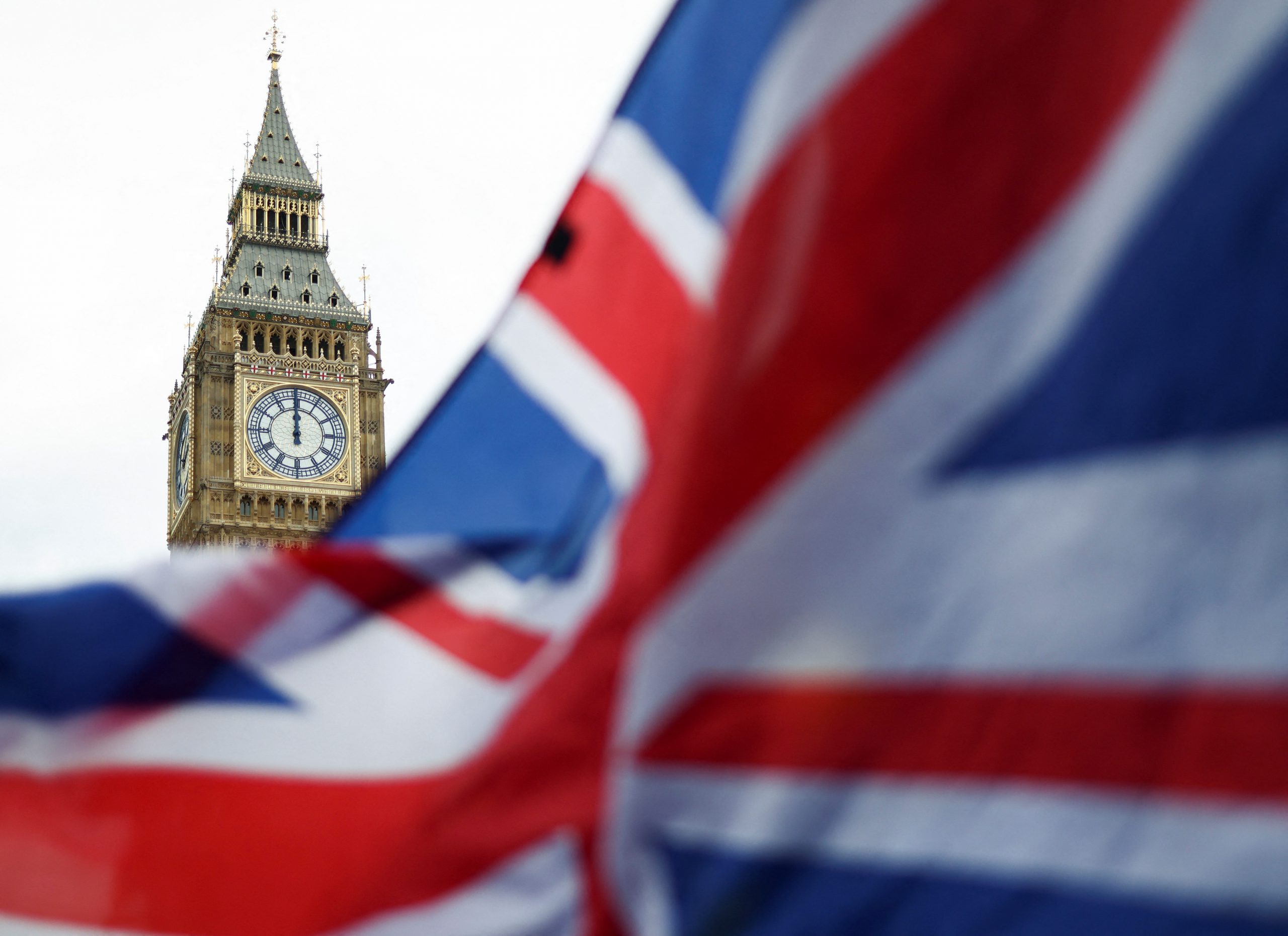Reasons for Syria’s Arab League suspension still stand, says Qatar
Doha (Reuters) – Qatar’s prime minister said on Thursday that the original basis for the 2011 suspension of Syria’s membership in the Arab League still stands and he reiterated Doha’s stance against normalisation with Syria unless there is a political solution.
Sheikh Mohammed bin Abdulrahman Al-Thani’s comments came ahead of Friday’s meeting of regional foreign ministers that neighbouring Saudi Arabia called to discuss Syria’s return to the Arab League.
Saudi Arabia plans to invite Syrian President Bashar al-Assad to the Arab League summit Riyadh is scheduled to host on May 19, sources have told Reuters, a move that reflects a change in the regional approach towards the Syrian conflict.
Qatar, which has previously spoken out against efforts by some countries to reestablish relations with Damascus, has not changed its position, Sheikh Mohammed said.
“There were reasons for the suspension of Syria from the Arab League and the boycott of the Syrian regime in that time and these reasons still exist,” he said in a live interview broadcast on Qatar TV, his first since being named prime minister last month.
“The war has stopped but Syrian people are still displaced, there are innocent people in prisons, there are many things.”
Several Arab countries, including regional heavyweights Egypt and the UAE, have mended ties with Damascus, in contrast to 2011 when many Western and Arab states boycotted Assad over his brutal crackdown on protests – violence that led to a protracted civil war.
Hundreds of thousands of people have died in that war, which drew in numerous foreign powers and splintered the country.
“We don’t want to impose solutions on the Syrian people, the people need to reach them, there must be a political solution for the Syrian crisis,” he said.
“(Qatar’s) individual decision is not to take any step if there is no political development or solution to the crisis.”
Assad’s attendance at next month’s Arab League meeting, though largely symbolic, would mark the most significant development in his rehabilitation within the Arab world since Syria’s suspension from the 22-state League in 2011.


